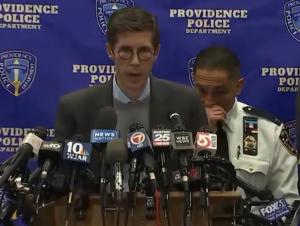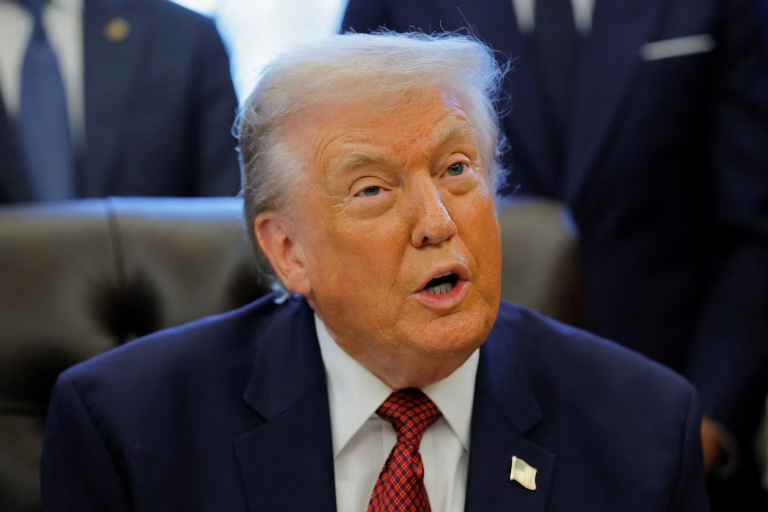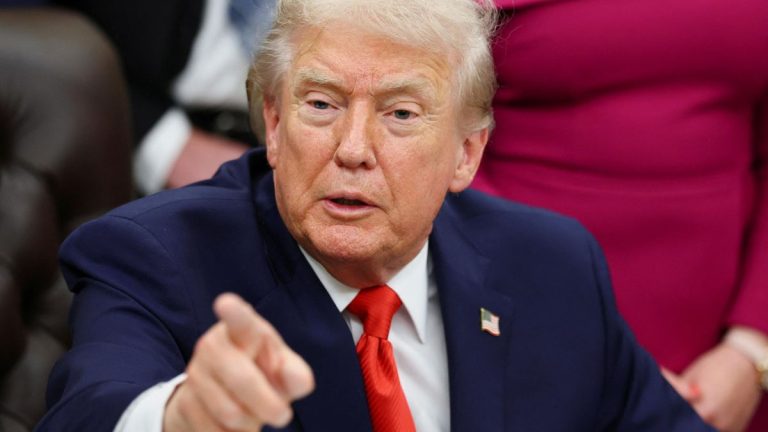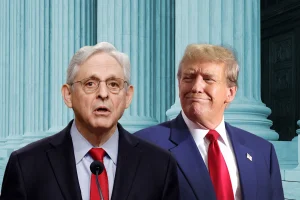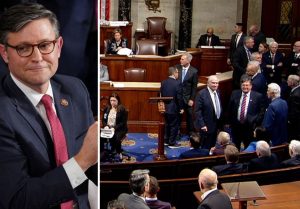A federal judge has ruled that Bill Essayli’s continued service as Acting U.S. Attorney for the Central District of California is unlawful, creating significant legal and operational questions for the office. While the decision disqualifies him from overseeing certain criminal cases, it does not dismiss the indictments he brought and allows him to remain in a modified leadership role, highlighting the complexities of temporary appointments in the federal justice system.
Background
In April 2025, former California Assemblyman Bill Essayli was appointed by the Trump administration to serve as Acting U.S. Attorney for the Central District of California, the nation’s largest federal judicial district. Covering seven counties in the Los Angeles area, this office handles high-profile criminal and civil matters, making its leadership critical to federal law enforcement operations.
The appointment was intended to be temporary, under the statutory limit established by the Federal Vacancies Reform Act (FVRA) and related federal provisions, which generally allow acting officials to serve in interim capacities for up to 120 days unless confirmed by the Senate or otherwise authorized. As the 120-day term expired, the Department of Justice reassigned Essayli as First Assistant U.S. Attorney. This administrative maneuver was intended to preserve his role and allow him to continue overseeing office operations as the acting head.
However, defense counsel in three criminal cases challenged Essayli’s continued authority, arguing that the reclassification did not grant him lawful standing to act as U.S. Attorney after his initial term had lapsed. These cases raised critical questions about the legality of executive maneuvers to extend acting appointments beyond the statutory limits.
The Court’s Decision
On October 28, 2025, U.S. District Judge J. Michael Seabright issued a ruling clarifying the limits of Essayli’s authority. The judge determined that Essayli had exceeded his legally permissible term as Acting U.S. Attorney and had unlawfully assumed powers associated with the position. The key points of the ruling included:
-
Expired tenure: Judge Seabright ruled that Essayli’s original 120-day acting appointment had expired and that the subsequent reassignment as First Assistant could not retroactively extend his authority to act as U.S. Attorney.
-
Disqualification from oversight: Essayli was barred from supervising the specific criminal prosecutions that were challenged by defendants on the grounds of his unlawful acting status.
-
Indictments remain valid: The court did not dismiss any of the indictments filed by the office. The decision recognized that the cases could continue under the supervision of other duly appointed prosecutors, ensuring continuity of federal prosecutions.
-
Retention as First Assistant: The judge permitted Essayli to remain in the office as First Assistant U.S. Attorney, allowing him to perform functions and duties permissible under that position. This arrangement ensures that he remains involved in office operations, albeit without the formal authority of the acting U.S. Attorney title.
Judge Seabright emphasized that the ruling did not reflect a judgment on the substance of the cases under prosecution, but rather a strict interpretation of the statutory limits governing temporary appointments. The decision reinforces the principle that executive branch officials must adhere to legal procedures and statutory timelines when making high-level appointments.
Implications for the Office and the Justice System
Although Essayli remains in the office as First Assistant, the ruling carries several important implications.
Legal Authority and Precedent
The decision highlights the legal boundaries of temporary appointments within the federal government. Acting officials are subject to explicit statutory limits, and attempts to extend authority through administrative reassignments or creative interpretations of office rules may face judicial scrutiny. This ruling aligns with similar cases in other districts, where courts have challenged the legitimacy of extended acting appointments. By upholding these limits, the court reinforces the importance of following statutory procedures and ensuring that temporary appointments do not circumvent Senate confirmation requirements.
Operational Impact
The Central District of California handles a high volume of critical criminal and civil cases, including matters related to public corruption, immigration enforcement, national security, and organized crime. Leadership stability is crucial to maintaining effective operations, managing case priorities, and preserving prosecutorial morale. While Essayli retains an influential role as First Assistant, the loss of formal acting authority introduces operational uncertainty, particularly for cases directly affected by the ruling.
Political and Institutional Considerations
The ruling underscores the tension between executive branch objectives and statutory constraints designed to maintain checks and balances. Temporary appointments of high-level officials, particularly in politically sensitive districts, carry inherent risks of legal challenge. The decision illustrates that even when administrative maneuvers are employed to retain personnel, courts will enforce statutory limits to preserve institutional integrity and adherence to legal norms.
Appellate and Legislative Options
The Department of Justice may choose to appeal Judge Seabright’s ruling, seeking to clarify or expand the permissible scope of acting appointments. Such an appeal could determine whether similar maneuvers can be employed in other districts. Additionally, legislative bodies could consider revising statutes governing temporary appointments to reduce ambiguity and prevent recurring disputes over authority. These steps, however, would require navigating complex political and procedural considerations.
Broader Context
The Essayli ruling reflects broader trends in the federal justice system regarding the appointment of interim officials. Similar challenges have arisen in other districts, demonstrating the judiciary’s willingness to scrutinize administrative practices that appear to circumvent statutory safeguards. The case highlights the critical importance of clear procedures, formal confirmation processes, and the limits of executive discretion in staffing key prosecutorial positions.
The decision also serves as a reminder of the delicate balance between operational efficiency and adherence to legal norms. While temporary appointments can provide flexibility, they are constrained by statutory requirements intended to ensure accountability and proper oversight. In high-profile districts with significant caseloads, these constraints carry practical implications for office management and case supervision.
Conclusion
The federal judge’s ruling invalidates Bill Essayli’s extended service as Acting U.S. Attorney for the Central District of California, emphasizing that statutory limits on temporary appointments must be respected. While Essayli remains as First Assistant and the ongoing criminal cases continue, the decision underscores the judiciary’s role in enforcing legal and procedural standards. It highlights the importance of clear appointment practices, adherence to statutory timelines, and maintaining the integrity of the federal justice system.
As the office navigates this ruling, the broader implications for executive appointments and district-level operations will continue to unfold. The case serves as a precedent for future disputes over acting appointments, reinforcing the principle that even temporary authority is subject to legal and statutory oversight.

Emily Johnson is a critically acclaimed essayist and novelist known for her thought-provoking works centered on feminism, women’s rights, and modern relationships. Born and raised in Portland, Oregon, Emily grew up with a deep love of books, often spending her afternoons at her local library. She went on to study literature and gender studies at UCLA, where she became deeply involved in activism and began publishing essays in campus journals. Her debut essay collection, Voices Unbound, struck a chord with readers nationwide for its fearless exploration of gender dynamics, identity, and the challenges faced by women in contemporary society. Emily later transitioned into fiction, writing novels that balance compelling storytelling with social commentary. Her protagonists are often strong, multidimensional women navigating love, ambition, and the struggles of everyday life, making her a favorite among readers who crave authentic, relatable narratives. Critics praise her ability to merge personal intimacy with universal themes. Off the page, Emily is an advocate for women in publishing, leading workshops that encourage young female writers to embrace their voices. She lives in Seattle with her partner and two rescue cats, where she continues to write, teach, and inspire a new generation of storytellers.



